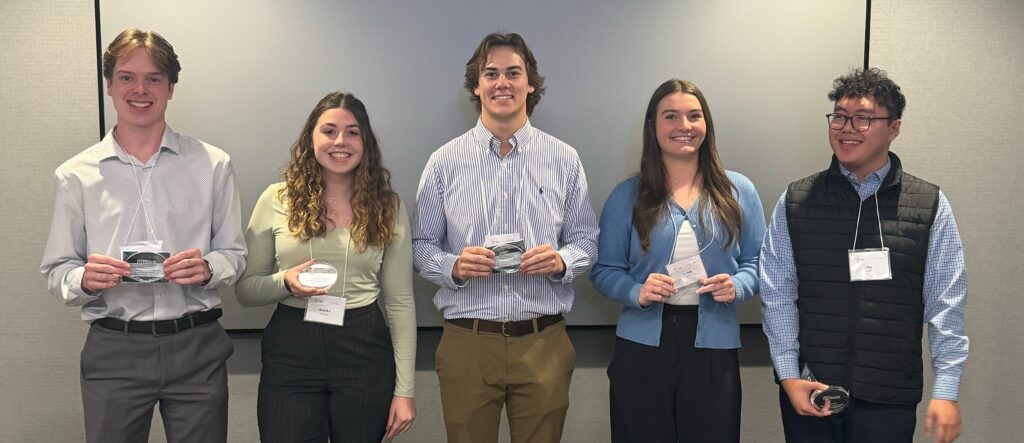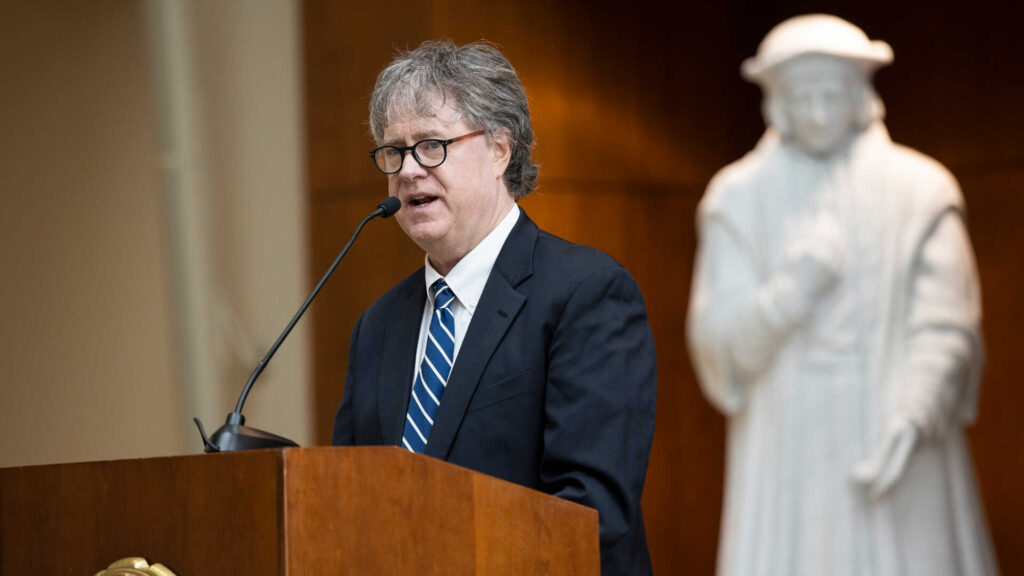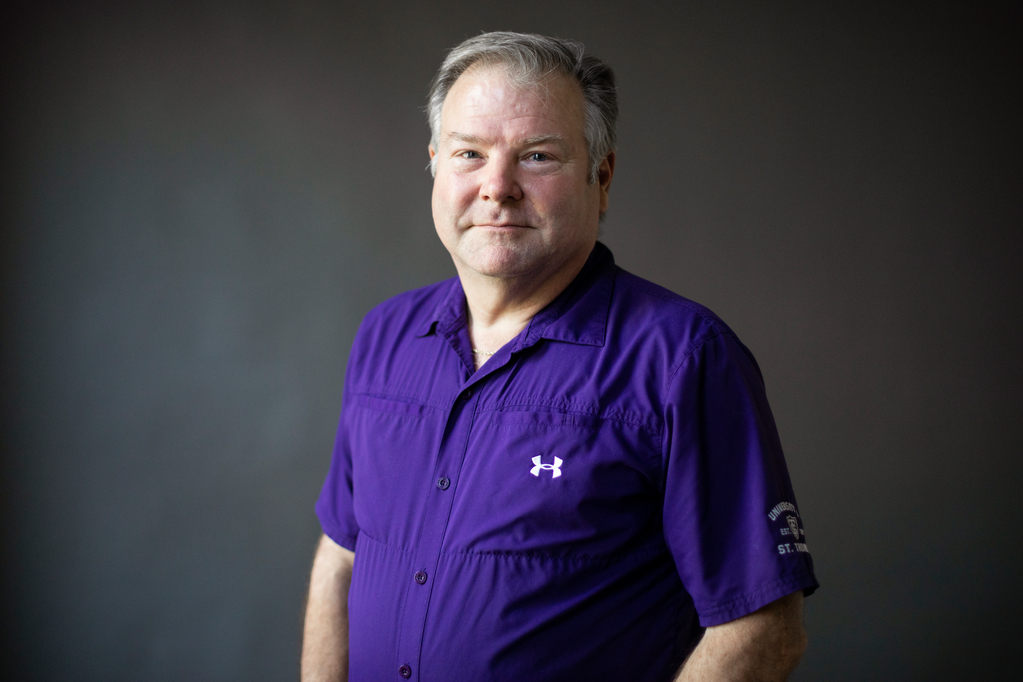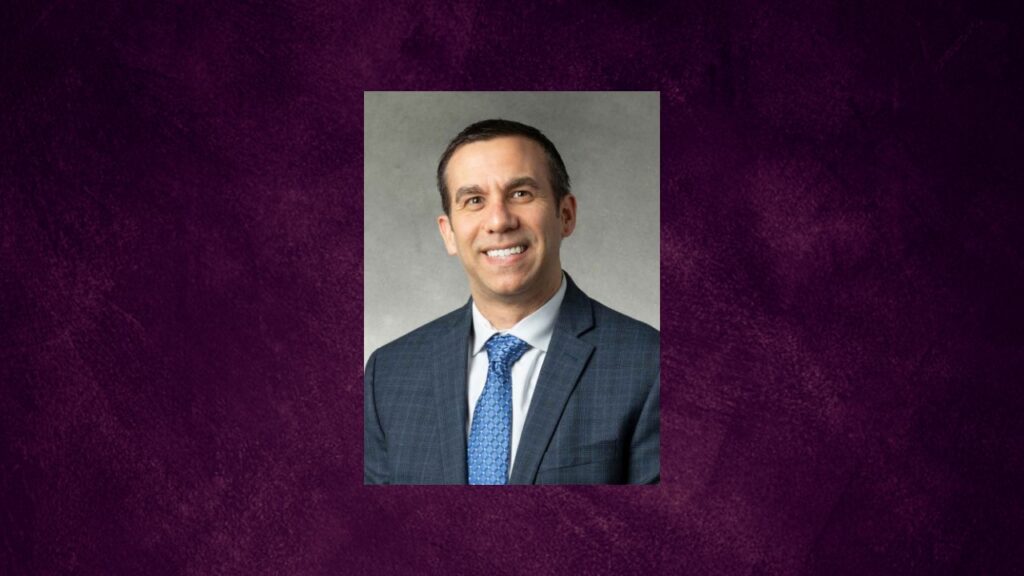The Theology Department of the University of St. Thomas announces the new “Institute for Catholicism and Citizenship” (www.stthomas.edu/icc). The new institute has a director, Dr. Massimo Faggioli, of the Theology Department, and an advisory board with faculty members from the College of Arts and Sciences (Theology, Biology, Catholic Studies, and History), the Law School, the School of Divinity, and the University’s Office for Mission. Thanks to the support of President Julie Sullivan, Harry McNeely, Dean Terry Langan of the College of Arts and Sciences, and Chair of Theology Bernard Brady, the Theology Department offers this new initiative as a contribution for the next chapter in the development of the Catholic mission as a key part of the new strategic planning of the University.
The events planned for the first year of the “Institute for Catholicism and Citizenship” are:
ICC Inaugural Lecture
“Pope Francis on Politics: Faithful Citizenship in a Time of Polarization”
April 23, 2015 at 7:00 PM, OWS (followed by a reception)
John Carr, Director, Initiative on Catholic Social Thought and Public Life at Georgetown University:
Lecture
“Religious Liberty at 50 Years from Vatican II”
November 5, 2015 at 7:00 PM, OEC (followed by a reception)
David Hollenbach (Boston College) and John McGreevy (University of Notre Dame)
Lecture
“From Mutual Excommunications to Growing Communion:
Orthodox-Catholic Dialogue Fifty Years after Vatican II”
November 9, 2015 at 7:00 PM, OEC
Rev. Dr. Paul Chryssavgis (Archdeacon of the Ecumenical Throne) and
Rev. Dr. Paul McPartlan (Catholic University of America)
co-sponsored with the Aquinas Chair in Theology and Philosophy, Dr. Paul Gavrilyuk
First ICC Conference
“The Common Good Isn’t Common:
Catholic Citizenship in an Individualistic Age”
April 8-9, 2016
Confirmed keynote speakers: Bishop Robert McElroy (Auxiliary Bishop of San Francisco), and
Dr. Nicholas Cafardi (Dean Emeritus and Profesor of Law, Duquesne University)
More details TBA
Vision Statement
Inspired by Vatican II, the Institute for Catholicism and Citizenship promotes civil discourse, faithful citizenship, and the common good by fostering theological insight and interdisciplinary inquiry into economic, political, and social issues.
Rationale
The Theology Department at the University of St. Thomas is uniquely positioned to provide a positive contribution in response to important trends in economic, political, and social spheres that have developed over the past fifty years. The 1960s marked a period of dramatic change for Catholics in the United States. As Catholics—like many religious groups outside of “mainline” Protestantism—gained more influence in an increasingly pluralistic national landscape, the teachings of the Second Vatican Council (1962-1965) called all members of the church to engage in dialogue with the wider world regarding the “signs of the times” and to give “witness and voice to the faith of the whole people of God gathered together by Christ.” Engagement in such a dialogue will be a sign of solidarity, respect, and love for the entire human family bound together by myriad challenges in the late 20th century.
Despite this invitation from Vatican II and the possibilities for greater influence by Catholics on economic, political, and social life, several trends have inhibited the church in the United States from solidifying a democratic ethos that could undergird robust civil discourse, faithful citizenship, and the common good. These trends include a loss of legitimacy among established moral institutions; political disillusionment; greater sectarianism within and across religions; and post-colonial discord with local, national, and global implications for race, ethnic, class, and gender relations. Many Catholics (especially college-aged students) are uncertain about how they ought to “appropriate” their faith to their responsibilities as citizens. They lack clarity about how to contribute both to the future of the church and the trajectory of their political communities.
As early as 1976, in their first document on faithful citizenship, the U.S. bishops expressed concern about a lack of political engagement, especially among Catholics, which they traced to the upheaval of the previous decade. Although Catholics participated in significant collaborative efforts toward consensus in the early 1980s with such ecclesial documents as “The Challenge of Peace” and “Economic Justice for All,” these efforts have not been repeated amidst a broader context that has often been divisive, ideological, and competitive.
Through the ICC, the Theology Department can foster theological insight and interdisciplinary inquiry in a manner that takes up the invitation from Vatican II, while responding to the changing landscape of Catholicism—locally, regionally, nationally, and globally—due to the election of Pope Francis, as well as to shifting economic, political, and social realms. Resources, conversations, and initiatives already housed within the department can provide a foundation for deepening the dialogue between the church and world, while an institute based in the department can contribute to the further organization and development of these tools for fostering civil discourse, faithful citizenship, and the common good.
Objectives
The “Institute for Catholicism and Citizenship” (ICC) has four objectives:
- To develop and enrich the Catholic profile of the University of St. Thomas, as envisioned by the bishops at the Second Vatican Council by serving to improve communication between and cooperation among scholars of different disciplines at the University St. Thomas while being of service to the students, alumni, and the campus community at large.
- To create a platform for theological voices in conversation with other disciplines to reach the public in the service of civil discourse, faithful citizenship, and the common good.
- To disseminate theological and interdisciplinary research applicable to public life, including economic, political, and social issues, locally, regionally, nationally, and internationally.
- To be involved, but not partisan; engaged but not used; principled but not ideological.
By using resources already in place and fostering renewed cooperation between different actors on campus and in the local, regional, national, and international academic community, the Institute for Catholicism and Citizenship will be able to send a signal of hope to the public at large in these challenging times.
The Institute and the University of St. Thomas’ Strategic Planning
The creation of the Institute for Catholicism and Citizenship (ICC) presents an opportunity for the University of St. Thomas to establish an Institute that can make a significant contribution to an academic, intellectual, and interdisciplinary approach to theology in conversation with the public on the basis of the teachings of Vatican II. The ICC will infuse a significant Catholic theological contribution into the communitarian ethos typical of our region while opening a place, too, for interdisciplinary engagement around pressing economic, political, and social issues of our time. It will stand alongside related centers at sister institutions, while creating a unique niche for itself in terms of its focus on faithful citizenship in service of the common good, and directly in response to the teachings of the Second Vatican Council.
Moreover, the Institute addresses the University’s strategic priorities of becoming one university, promoting excellence in learning and student engagement, advancing excellence in teaching and professional engagement, claiming its Catholic identity, creating a diverse and inclusive culture, and globalization.
The ICC will contribute to the University of St. Thomas’ goal of becoming one university by offering a space to foster and to develop meaningful relationships among people otherwise separated by profession, discipline, geographical location, or organizational structure. Within the University community, by sponsoring interdisciplinary symposia, the Institute will help to foster greater communication and collaboration between colleges, departments, and campuses.
The ICC will likewise contribute to the University of St. Thomas’ goal of excellence in learning and student engagement by offering the kinds of programming outlined later in this document. Moreover, the Institute will model the creative integration and application of theories, insights, and practices within a wide range of disciplines to which this goal speaks. The Institute will serve to prepare our students for the complexities of the modern world by engaging with diverse local and global communities to advance the common good. It, too, will provide opportunities for our whole community to engage in life-long learning.
The ICC will also contribute to the goal of excellence in teaching and professional engagement by creating a vibrant community for academically engaged professionals to inform and shape faithful responses to economic, political, and social issues alive in the public square.
Most assuredly, the ICC will contribute to the goal of the Catholic mission of the University of St. Thomas. Because this strategic priority is based on Catholic intellectual tradition, the Institute’s initiatives will help the University to promote the integration of knowledge, dialogue between faith and culture, and the development of morally responsible persons. Moreover, by the active engagement of its community in the work toward a more just and civil society, its commitment to sustainable stewardship of environmental resources—and the Institute’s concern for the development of the whole person, including supporting the spiritual formation of its community members through its initiatives to promote civil discourse, faithful citizenship, and the common good—the Institute’s own Catholic identity will work to inform and shape opinion in relation to economic, political, and social issues confronting us all.
Equally committed to the full dignity of all human persons and cognizant of the connectedness of human endeavors, the ICC will participate in the creation of a diverse and inclusive culture. The Institute’s existence will assist the University in its efforts for diversity and inclusiveness by infusing the curriculum and by advancing academic excellence and relevance as it spotlights the insights and scholarship of a truly global Catholicism engaged with the modern world.
As the University seeks to promote ethical global citizenship by developing knowledge, competencies, and awareness so that we live, work, and contribute meaningfully in an increasingly interconnected world, the Institute will serve the strategic priority of globalization by attracting world-renowned scholars to campus and by developing opportunities to immerse our students in international experiences. The University of St. Thomas is already strong in its international projection, but the Institute can serve its further expansion through theology courses abroad, additional bridge courses, more summer seminars, continuation of national and international conferences every few years, and so on.
The Institute and the Theology Department
Theology as an academic discipline is at the heart of the Catholic intellectual tradition and of the very enterprise of Catholic higher education. The Theology Department at the University of St. Thomas is one of the largest in the nation, with Catholics working with non-Catholic faculty, engaged in an educational and scholarly effort that reaches multiple levels and audiences (undergraduate and graduate students on campus; church and community audiences; national and international representation on panels; ecumenical and inter-faith projects).
All members of our faculty have areas of expertise pertaining to the work of the Institute. These areas include (in alphabetical order): atheism, biomedical ethics, Catholic Social Teaching, children’s rights, civic virtue, the common good, corporate social responsibility, environmental theology, feminism, human rights, incarceration, interreligious dialogue, liberation theologies, modern German church history, post-colonial biblical theology, political theology, poverty and privilege, the problem of suffering, prophetic biblical literature, public health, relativism, religion and the media, religious extremism, restorative justice, theology and the global south, theology and science, theology and Vatican II, war and peace, and women’s rights.
John Paul II’s apostolic constitution regarding Catholic colleges and universities, Ex Corde Ecclesiae (1990), highlights the integration of knowledge, the dialogue between faith and reason, and interdisciplinary studies as a vital task for theology on campus. Indeed, the Theology Department has a history of reaching out to other departments on campus with its bridge courses. The Institute will encourage still more interdisciplinary interaction.
The Theology Department is equipped to sustain this enterprise with an ecumenical and interreligious focus. This means that, as much as possible, the department will open spaces for the whole Christian spectrum, and non-Christians (Muslims, Jews, naturally, given the Muslim-Christian Dialogue Center and the Jay Phillips Center, but others as well), to contribute to the work of the Institute, all of this being very much a part of the vocation of the Catholic Church today.
ICC Advisory Board
Cara Anthony
Thomas Berg
Bernard Brady
Catherine Cory
Jayna Ditty
Massimo Faggioli
Michael Hollerich
William Junker
Amy Levad
Gerald Schlabach
Katarina Schuth
Angela Senander
Larry Snyder
Paul Wojda
From “theology matters,” a newsletter of the Department of Theology. Subscribe here.






